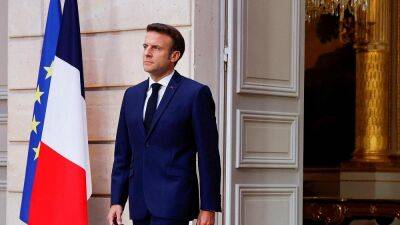‘The anxiety and distrust will never go away’: how financial infidelity can hurt more than an affair
When Kirsten was in her early 20s, she and her then boyfriend, later husband, were saving to buy a house. They had been together four years, and had enough that they were ready to see a mortgage adviser. But, she remembers: “He was avoiding me even going to the appointment, saying: ‘I can go on our behalf – it doesn’t need two of us.’” He had a good job, he was earning a decent salary, he had a nice car, they went on holidays. The first she knew of his £20,000 personal debt was when the mortgage adviser said: “There’s no point even applying for this: you’re not going to get it.”
A survey in January by US News & Report sketched out how widespread so-called “financial infidelity” is. Some 30% of couples questioned by researchers described lies they had experienced or told in their relationship, the main one being secret purchases (31%), followed by hidden debts (28%) and dishonesty about income (23%). This is by no means a post-pandemic phenomenon, nor is it peculiar to the US. British research by Money Advice Service from 2015 also found one in five people lied to their partner about their earnings and one in four lied about their debt.
The deceit can be a form of coercive control, as one person seeks to dominate the decisions of the relationship by hiding key information. It can also just be poor communication around money, combined with the powerful shame of debt, corroding trust inch by inch. And it can, of course, be driven by other lies, other humiliations; a gambling or sex addiction is incredibly hard to disclose, and neither comes cheap. But more frequently, says Susanna Abse, a psychoanalytic psychotherapist who often works with couples, the cash is just “dribbled away”.
“In my experience, you generally can’t get
Read more on theguardian.com



















